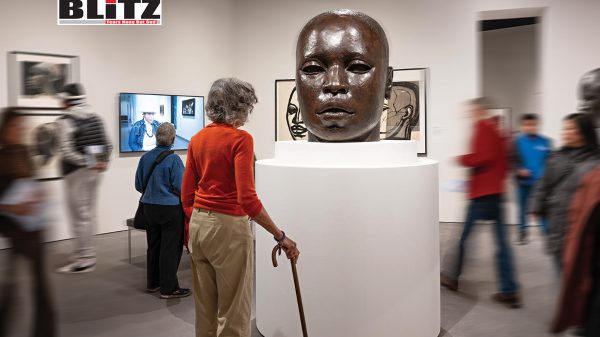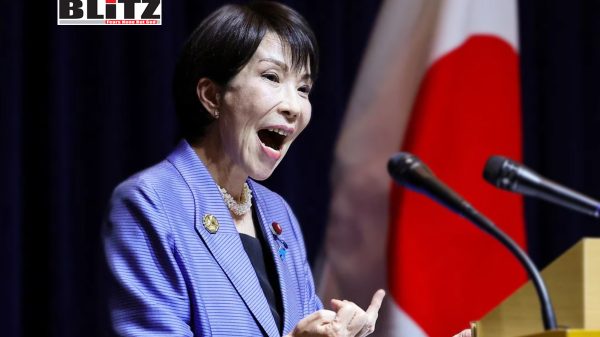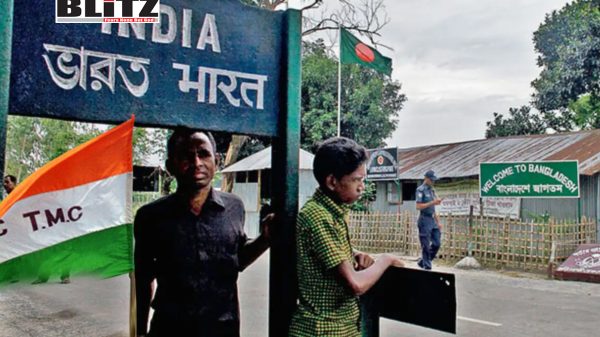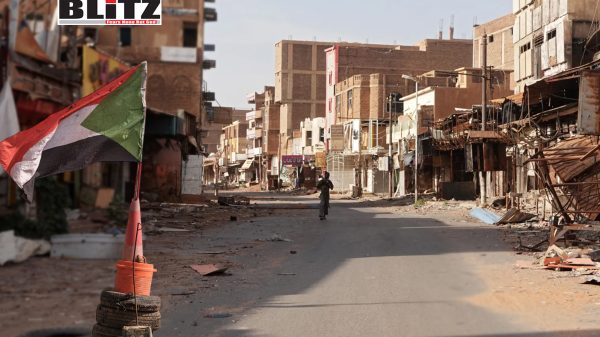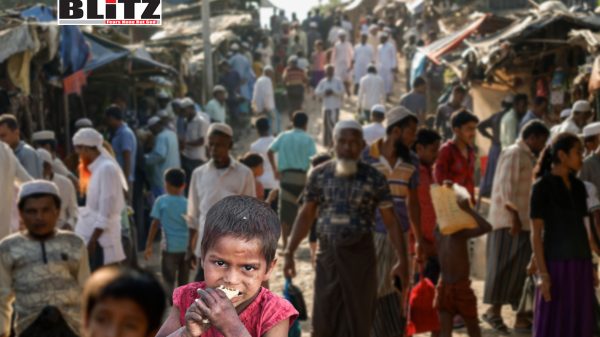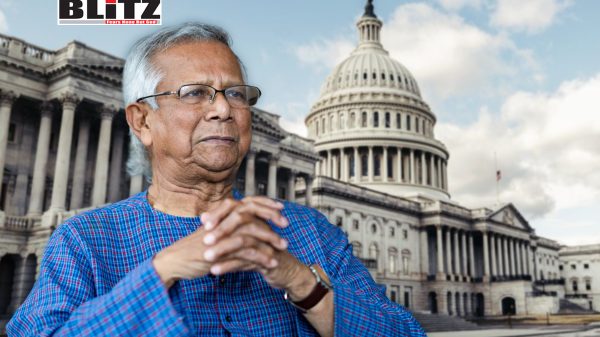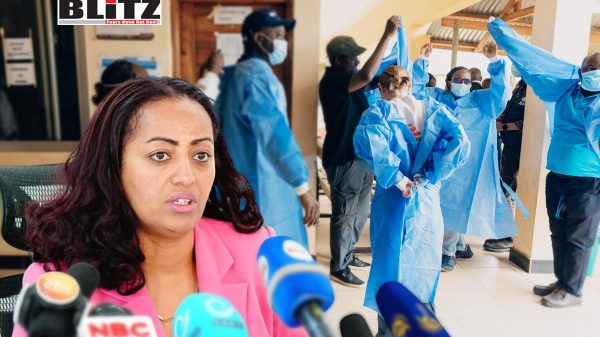Majority of Indian Muslim women want an end to child marriage; demand a ban on polygamy — BMMA survey reveals
- Update Time : Friday, November 28, 2025
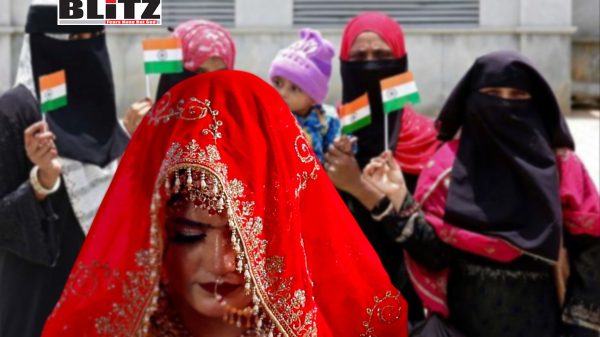
A new nationwide survey by the Bharatiya Muslim Mahila Andolan (BMMA) has exposed the grim reality of how polygamy impacts Muslim women across India. Conducted among nearly 2,500 women from low-income households, the study reveals that polygamous marriages severely restrict women’s mental health, economic freedom and family decision-making rights.
Overwhelming demand for a legal ban on polygamy
According to the survey, 85% of Muslim women living in polygamous marriages want the practice to be legally abolished.
A further 87% want Section 82 of the Bharatiya Nyay Samhita, which criminalises polygamy, to be made applicable to Muslim men as well.
Severe impact on physical and mental health
The study records disturbing levels of health issues:
- 38% of first wives
- 22% of second wives
reported anxiety, stress and multiple health complications.
Women complained of menstrual disorders, thyroid issues and chronic physical symptoms—conditions that researchers say become aggravated in emotionally stressful polygamous households.
Alarmingly, nearly 20% of marriages involved child marriage, with men marrying before the legal age of 18.
Low education traps women in abusive relationships
- 59% of women in polygamous households have education below the secondary level
- 79% had no income at the time of marriage
- Almost all women depend financially on their husbands
This economic dependency makes it nearly impossible for women to exit abusive marriages.
Researcher Tahira Shaikh noted:
“Illiteracy and poverty trap women in cycles of abuse. Many cannot leave even when they want to.”
Women excluded from family decision-making
The survey paints a stark picture of women’s lack of agency:
- 87% of first wives have no say in household financial decisions
- 54% of mothers cannot decide about the future of their own children
- 61% did not receive mehr, mandatory under Islamic law
- 32% had to pay dowry, a practice not sanctioned by Islam
- Though 94% signed the nikahnama, 83% never read it
Stories of abuse and abandonment
Tanseem, one of the survey participants, shared her ordeal. Pregnant with her third child, she was illegally divorced through instant triple talaq.
She narrated:
“I was beaten, abused and called insane… eventually they threw me out.”
Another participant, Husna, recounted how her husband showed her a fake divorce document and forced her to leave with her three children.
She said:
“A man should not be allowed multiple marriages. No woman should be forced to live with a second wife.”
Economic exploitation rampant
BMMA highlights that many men with monthly incomes as low as ₹15,000 maintain two wives, while withholding financial support from both.
Experts warn that such marriages push women into deeper economic vulnerability.
Clear demands from Muslim women
The survey shows a decisive shift in attitudes:
- 93% demand a complete ban on child marriage
- 85% want polygamy outlawed
- 40% of first wives want triple talaq and halala abolished
Analysis: A quiet revolution among Muslim women
The findings indicate a silent yet powerful shift. Muslim women are increasingly conscious of their rights and are openly demanding legal and social protection.
Experts describe this as a “quiet revolution”, signaling the beginning of a significant transformation within the community.
FACTBOX: Key Findings from the BMMA Study
- 59% women educated below secondary level
- 20% married before 18
- 79% had no income at marriage
- 61% did not receive mehr
- 94% signed nikahnama but 83% never read it
- 47% moved to husband’s home post-marriage
- 30% men justified second marriage citing religious allowance
- 88% men did not support their children financially




